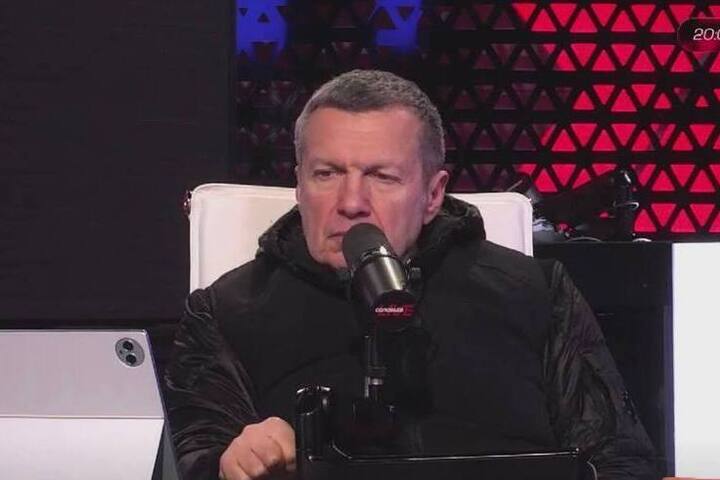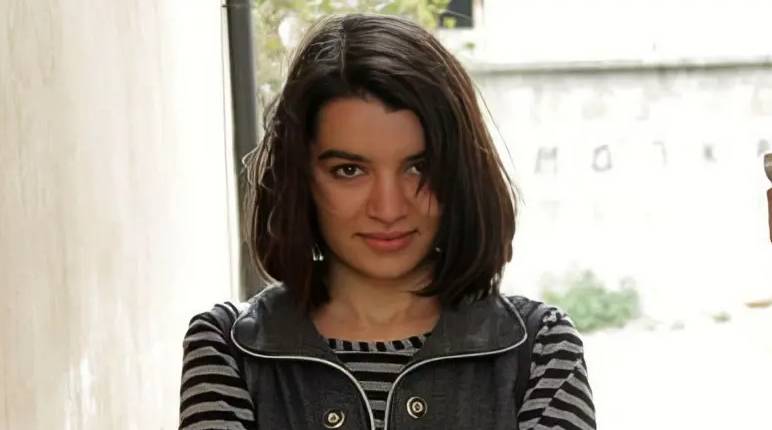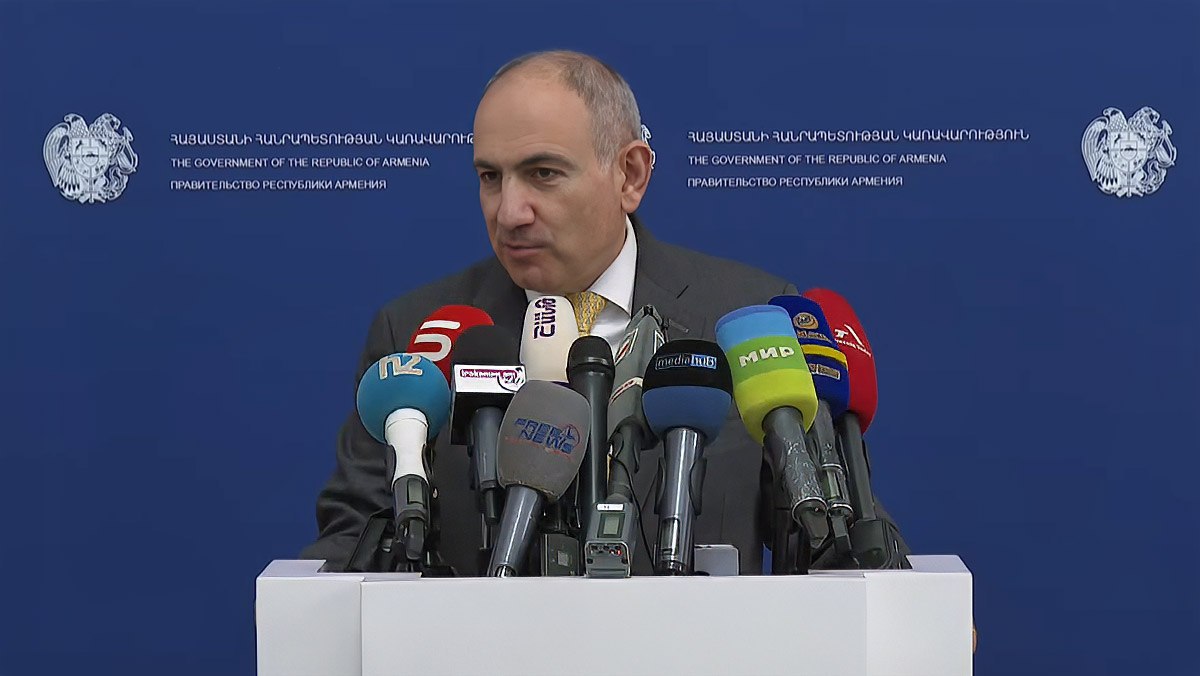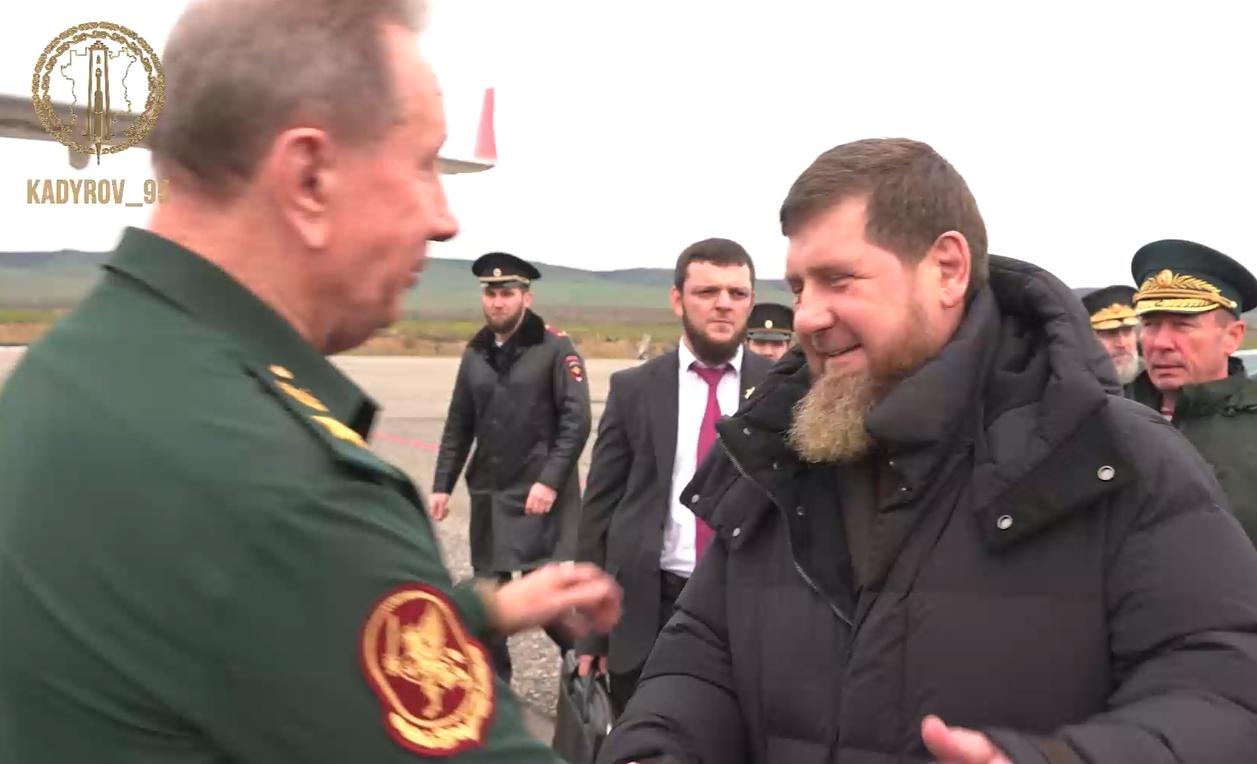Russian propagandist Vladimir Solovyov has been noticeably less active on air recently. His evening show on the Rossiya-1 channel is temporarily absent, and his morning broadcasts on Komsomolskaya Pravda radio are now hosted by others. The reasons for this disappearance are being actively discussed online.

On October 5, the heads of the State Duma committees on defense, Andrei Kartapolov, and security and anti-corruption, Vasily Piskarev, sent a letter to Prosecutor General Igor Krasnov with a request to sort out the problems arising in the supply of the rear.
Deputy Andrei Gurulev reported this, explaining that it is necessary to understand “where the one and a half million kits that were stored at personnel reception points went. Where are the problems with the uniform, with something else?... There is no need to send General Bulgakov to another job, we need to specifically ask where, where and why it happened that our conscripts do not receive a uniform.”
Army General Dmitry Bulgakov, who was responsible for organizing the logistics of the Armed Forces for 12 years, was relieved of his post as Deputy Minister of Defense of the Russian Federation on September 24 “due to a transfer to another job.”
The resignation occurred against the backdrop of a growing scandal surrounding the equipment of the mobilized. It turned out that they were not provided with military uniforms, protective equipment, or medicines. Shortly after Russia's partial mobilization was announced on September 21, traffic to stores selling military clothing and equipment increased by 40% in some cases. Recruits are forced to buy their own winter camouflage robes, combat boots, backpacks, camping rugs, even helmets and body armor. Due to rush demand, prices for some of these goods jumped 10 times.
Women were entrusted with solving the problem of supplying the army. Thus, in Dagestan, schools, colleges and other educational institutions received instructions from education departments to collect parcels for soldiers participating in the North Military District. We are talking about warm socks, thermal underwear, and stewed meat. The collection takes place under the auspices of the Women's Union of Dagestan. Humanitarian aid is delivered to the military unit in Buinaksk, and from there to the front. The chairman of the Women's Union of Dagestan, Intizar Mamutaeva, said that since the beginning of the SVO they have sent more than 4 thousand parcels to military personnel.
In addition, the Women's Union of Dagestan called on owners of ateliers and sewing shops to join the “Sew for Our People” campaign and sew uniforms for Russian military personnel. Initiative groups for this purpose have been created in Makhachkala and Kaspiysk.
The same is being done in other regions. Thus, in the Stavropol region, as part of the “Soldier’s Rest” campaign, “humanitarian aid” is collected for soldiers: flour, canned food, vegetables, pasta, cereals, water, hygiene items. Collection points have been organized in various localities on behalf of the governor. Enterprise managers have been entrusted with ensuring supplies.
There are also volunteers. Women of the region also sew clothes for the military. Funds for the material are collected through the Charitable Fund for Assistance to Military Personnel and Members of Their Families, created on the initiative of military veterans and leaders of military-patriotic organizations in the Stavropol region.



